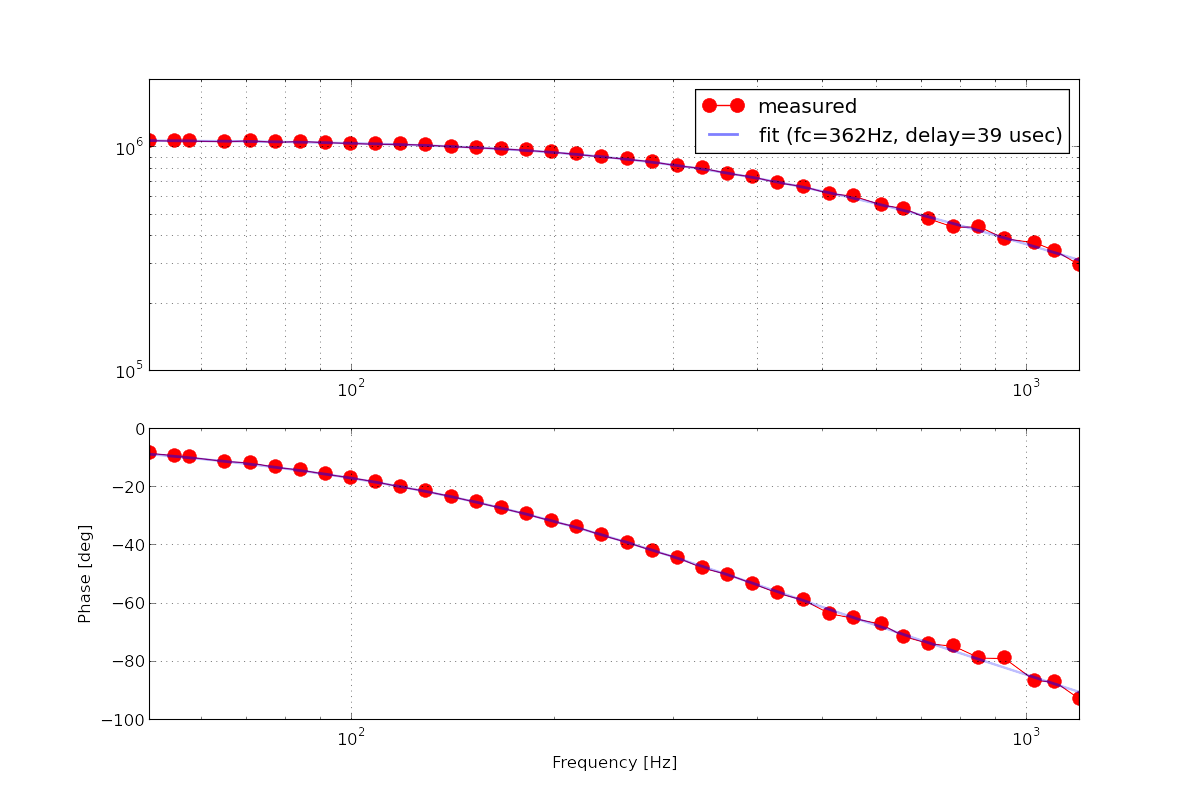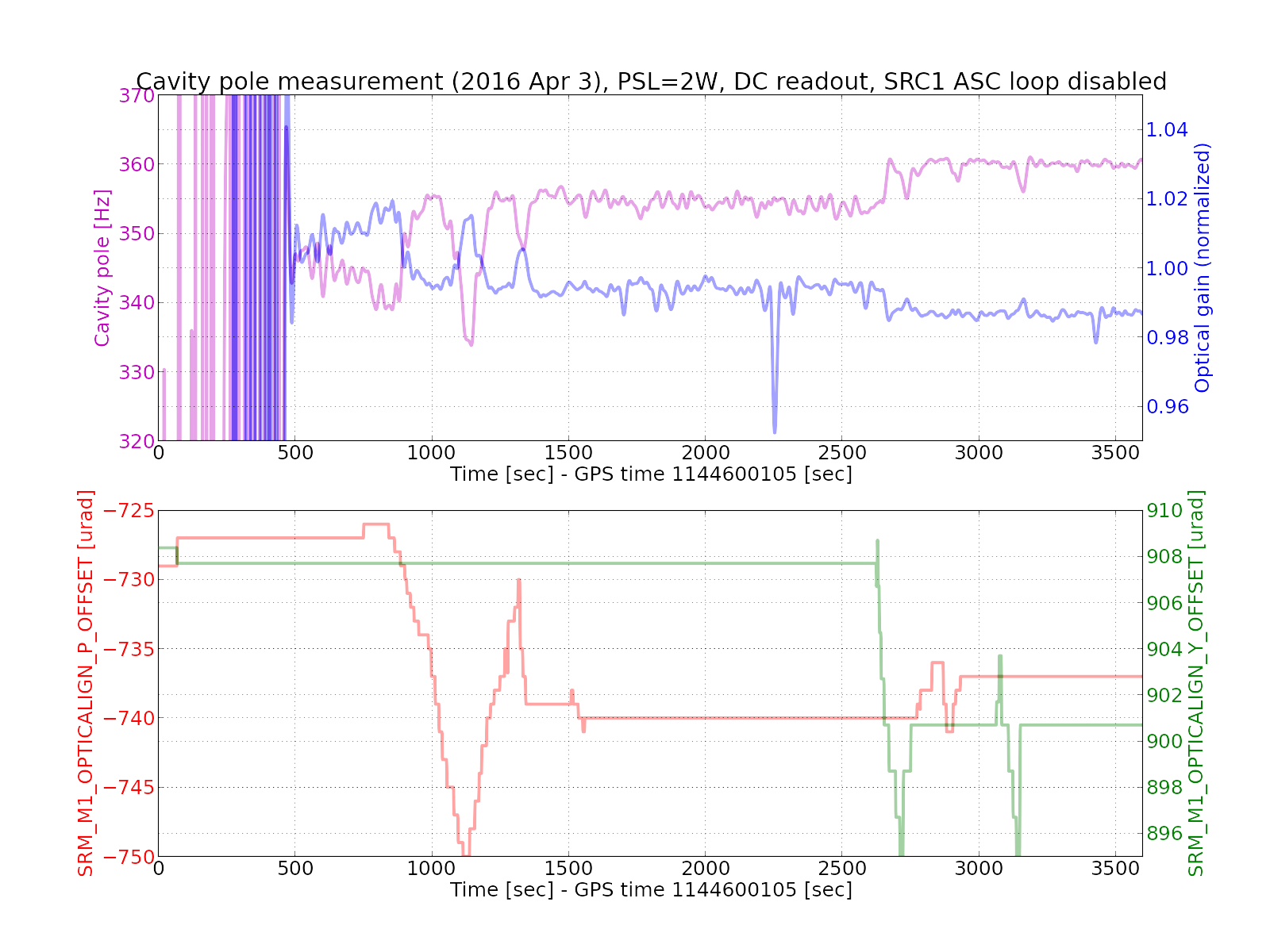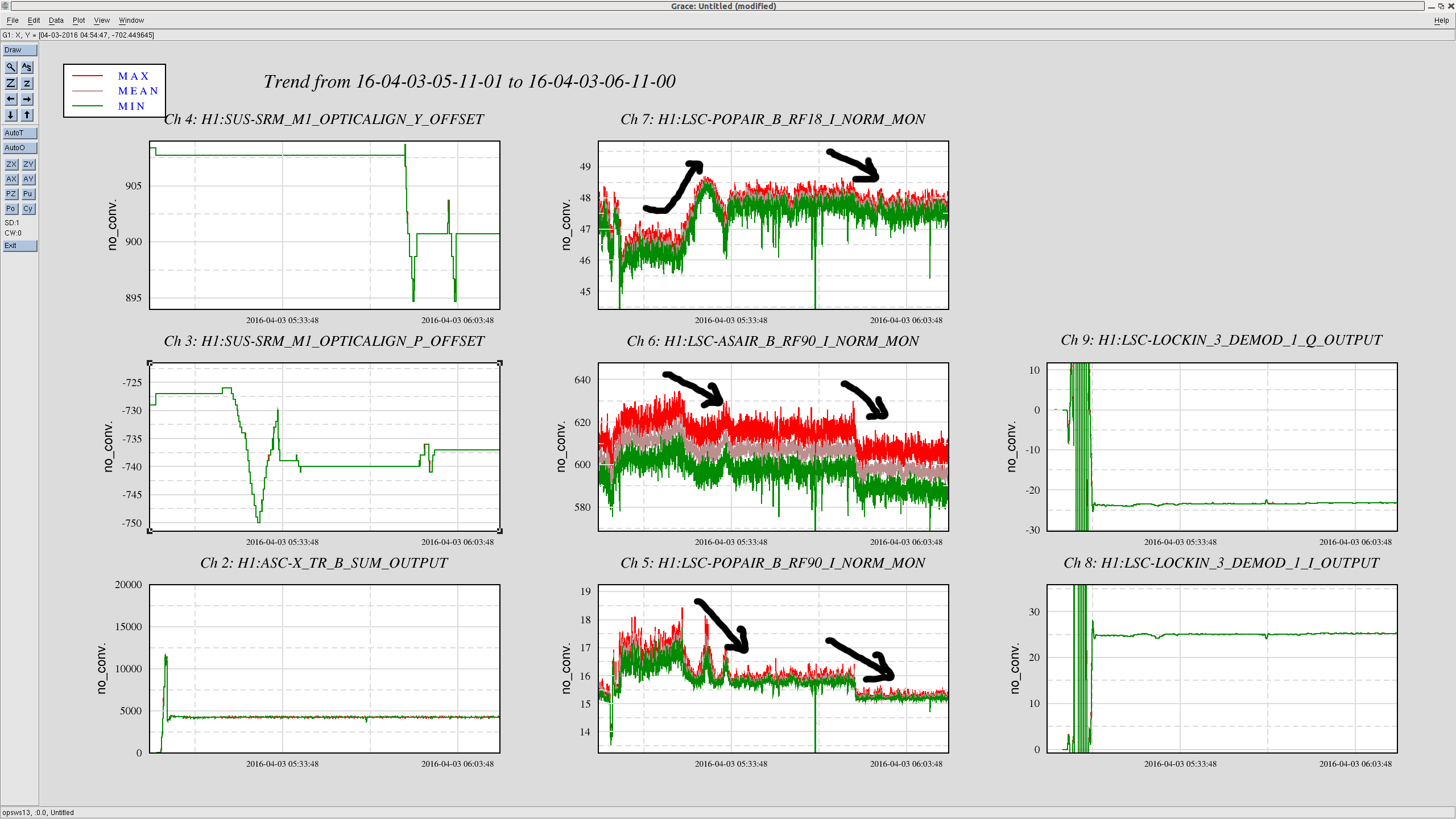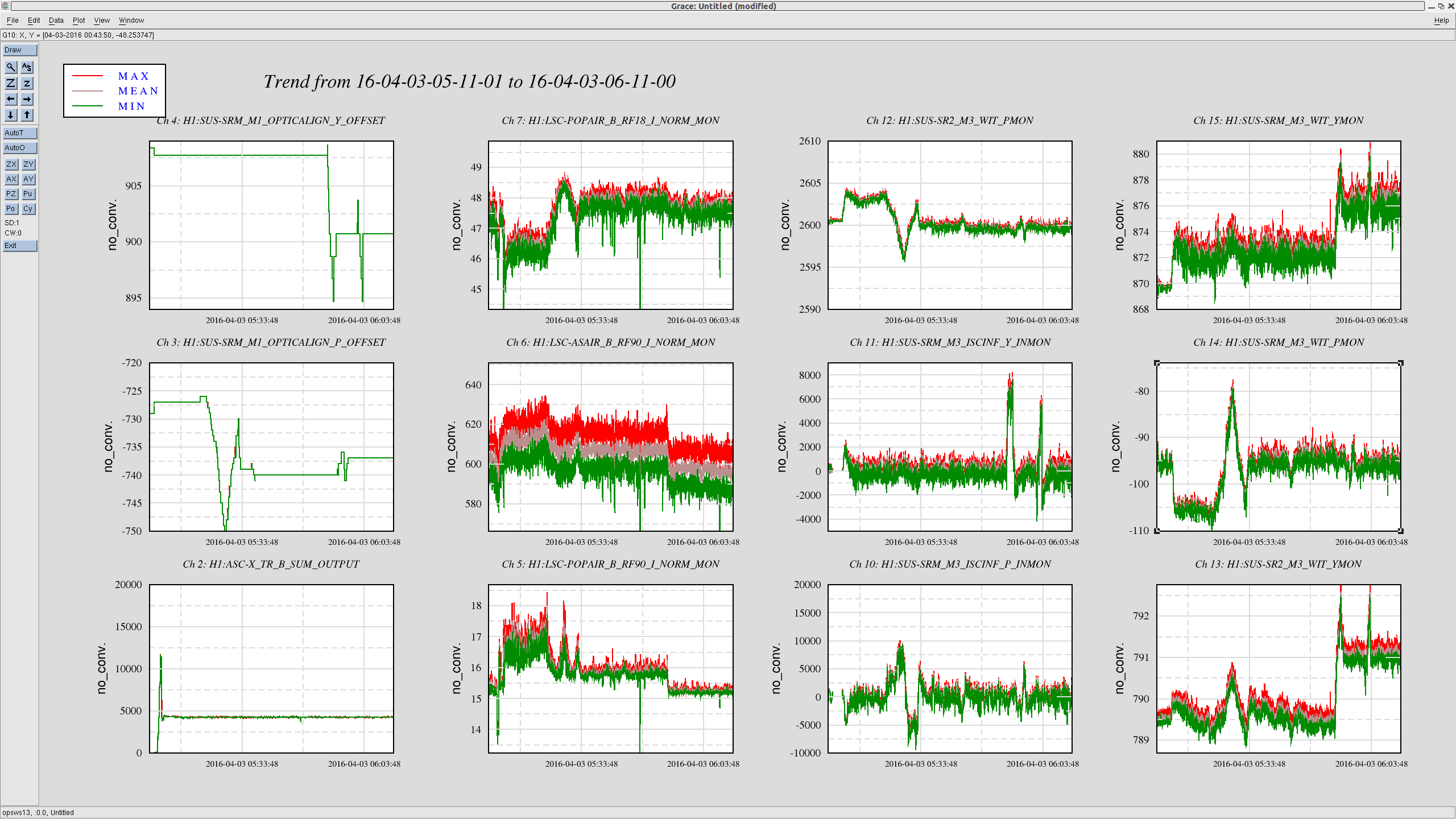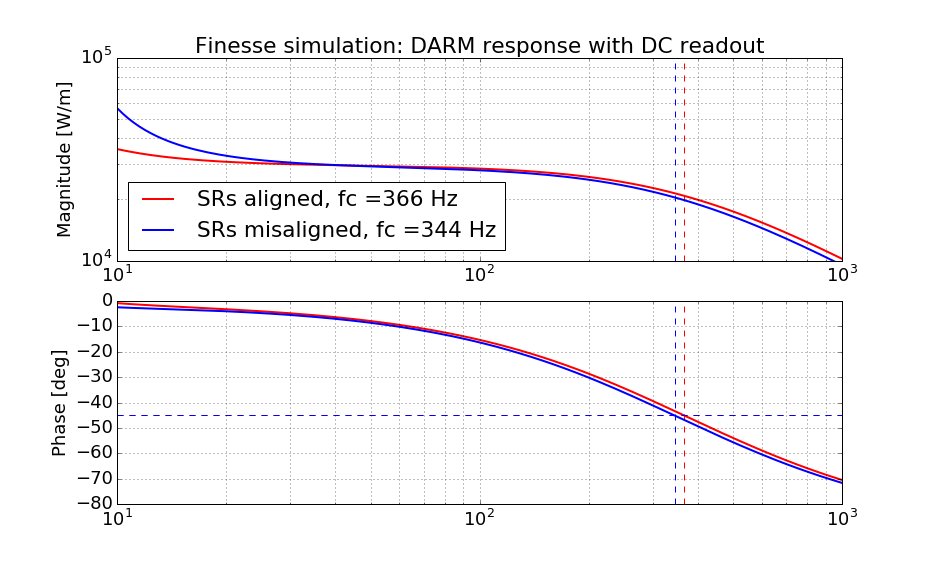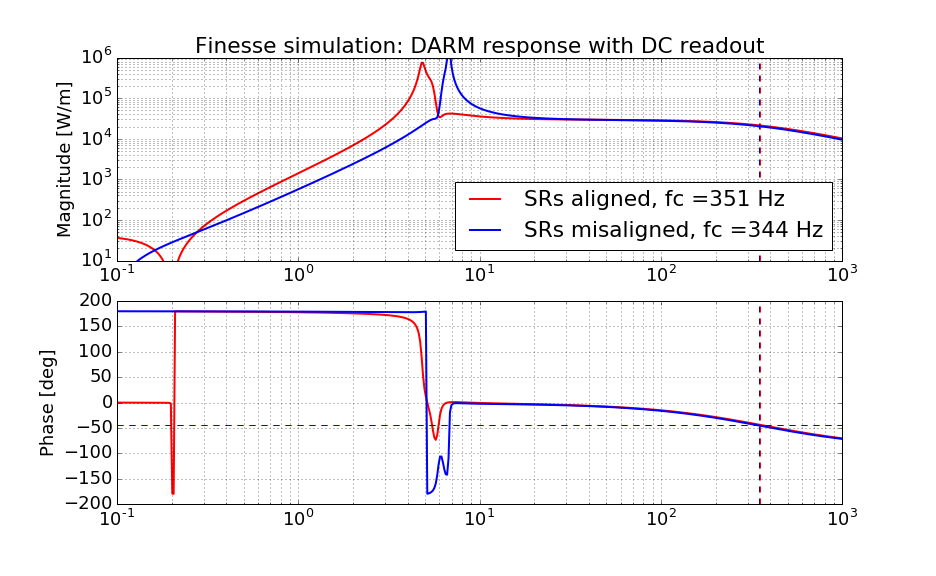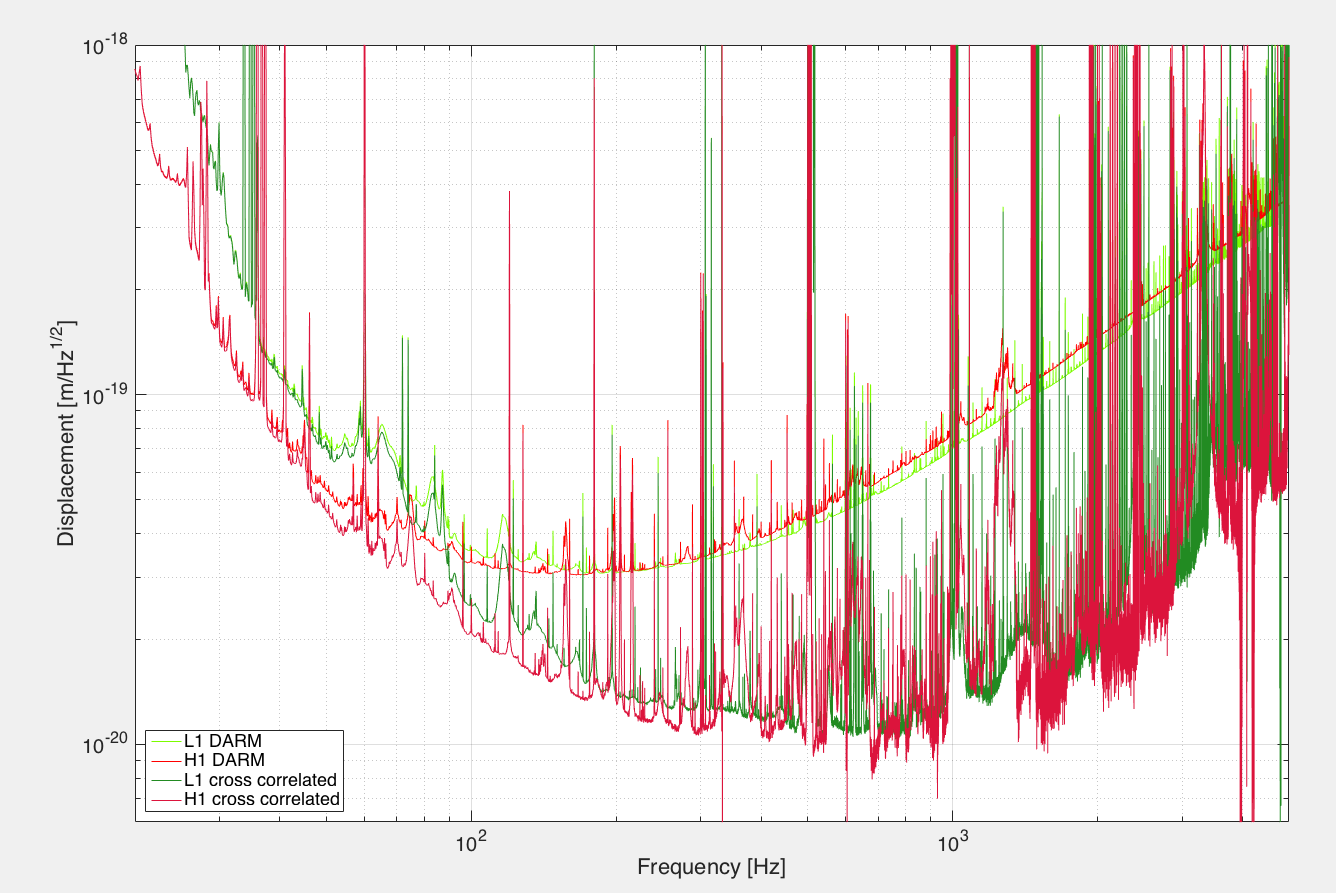During this period we had some frame writer instabilities. These were not being recorded in the restart reports following the fw upgrade to Ubunutu, this was fixed 3/30.
model restarts logged for Sat 09/Apr/2016 No restarts reported
model restarts logged for Fri 08/Apr/2016 Unexpected restarts of h1nds1
2016_04_08 11:30 h1nds1
2016_04_08 11:31 h1nds1
2016_04_08 11:54 h1nds1
model restarts logged for Thu 07/Apr/2016 - model restarts logged for Tue 05/Apr/2016 No restarts reported
model restarts logged for Mon 04/Apr/2016 Oaf change with associated DAQ restarts, frame writer restarts are now being recorded
2016_04_04 12:13 h1dc0
2016_04_04 12:13 h1oaf
2016_04_04 12:15 h1broadcast0
2016_04_04 12:15 h1fw0
2016_04_04 12:15 h1fw1
2016_04_04 12:15 h1nds0
2016_04_04 12:15 h1nds1
2016_04_04 12:15 h1tw1
2016_04_04 12:19 h1fw1
2016_04_04 14:57 h1fw1
2016_04_04 17:26 h1fw1
model restarts logged for Sun 03/Apr/2016 - model restarts logged for Sat 02/Apr/2016 No restarts reported
model restarts logged for Fri 01/Apr/2016 ISI model changes with associated DAQ restart. Some h1fw1 instability.
2016_04_01 15:02 h1isietmy
2016_04_01 15:06 h1isietmx
2016_04_01 15:09 h1isiitmx
2016_04_01 15:13 h1isiitmy
2016_04_01 15:14 h1isibs
2016_04_01 15:17 h1isiham2
2016_04_01 15:19 h1isiham3
2016_04_01 15:22 h1isiham4
2016_04_01 15:24 h1isiham5
2016_04_01 15:28 h1isiham6
2016_04_01 15:35 h1dc0
2016_04_01 15:37 h1broadcast0
2016_04_01 15:37 h1fw0
2016_04_01 15:37 h1fw1
2016_04_01 15:37 h1nds0
2016_04_01 15:37 h1nds1
2016_04_01 15:37 h1tw1
2016_04_01 15:43 h1fw1
2016_04_01 16:04 h1fw1
2016_04_01 16:09 h1fw1
2016_04_01 16:33 h1fw1
2016_04_01 16:46 h1fw1
model restarts logged for Thu 31/Mar/2016 h1fw1 instability
2016_03_31 10:15 h1fw1
model restarts logged for Wed 30/Mar/2016 EY SEI BRS work continues, DAQ restart needed, h1fw1 instability
2016_03_30 13:12 h1isietmy
2016_03_30 13:14 h1broadcast0
2016_03_30 13:14 h1dc0
2016_03_30 13:14 h1fw0
2016_03_30 13:14 h1fw1
2016_03_30 13:14 h1nds0
2016_03_30 13:14 h1nds1
2016_03_30 13:14 h1tw1
2016_03_30 13:21 h1isietmy
2016_03_30 22:45 h1fw1
model restarts logged for Tue 29/Mar/2016 Busy maintenance day, see alog Link for details. Restart report attached as text file.
model restarts logged for Mon 28/Mar/2016 - model restarts logged for Fri 25/Mar/2016 No restarts reported
model restarts logged for Thu 24/Mar/2016 SUS PI work, end station models changes, new OMC sender model created. DAQ FW instability starts at this point.
2016_03_24 12:37 h1omcpi
2016_03_24 12:42 h1broadcast0
2016_03_24 12:42 h1dc0
2016_03_24 12:42 h1nds0
2016_03_24 12:42 h1nds1
2016_03_24 12:42 h1tw1
2016_03_24 12:43 h1susitmpi
2016_03_24 12:45 h1susetmxpi
2016_03_24 12:47 h1susetmypi
model restarts logged for Wed 23/Mar/2016 No restarts reported
model restarts logged for Tue 22/Mar/2016 Maintenance, new SUS PI code and end stations, new corner station model created. DAQ restart. Related QUAD change for PI.
2016_03_22 11:10 h1susetmx
2016_03_22 11:10 h1susetmy
2016_03_22 11:12 h1susetmxpi
2016_03_22 11:12 h1susetmypi
2016_03_22 14:27 h1susitmpi
2016_03_22 14:28 h1susitmpi
2016_03_22 14:30 h1susitmpi
2016_03_22 14:59 h1broadcast0
2016_03_22 14:59 h1dc0
2016_03_22 14:59 h1nds0
2016_03_22 14:59 h1nds1
2016_03_22 14:59 h1tw1
2016_03_22 15:00 h1susitmpi
model restarts logged for Mon 21/Mar/2016 - model restarts logged for Fri 18/Mar/2016 No restarts reported
model restarts logged for Thu 17/Mar/2016 ISI suspoint work, newtonian noise h1ngn model created for first time, DAQ restart.
2016_03_17 13:08 h1isibs
2016_03_17 13:10 h1isiitmx
2016_03_17 13:12 h1isietmx
2016_03_17 13:12 h1isietmy
2016_03_17 13:15 h1ngn
2016_03_17 13:19 h1dc0
2016_03_17 13:19 h1nds0
2016_03_17 13:19 h1nds1
2016_03_17 13:19 h1tw1
2016_03_17 13:21 h1broadcast0
model restarts logged for Wed 16/Mar/2016 - model restarts logged for Tue 15/Mar/2016 No restarts reported
model restarts logged for Mon 14/Mar/2016 NFS server upgrade. All frontend models and DAQ were restarted. No detailed report given as times are not accurate due to server reboots.
model restarts logged for Sun 13/Mar/2016 Missing report due to server upgraded
model restarts logged for Sat 12/Mar/2016 - model restarts logged for Fri 11/Mar/2016 No restarts reported
model restarts logged for Thu 10/Mar/2016 Problems with LSC which required a reboot.
2016_03_10 09:47 h1ioplsc0
2016_03_10 09:48 h1ioplsc0
2016_03_10 09:49 h1lscaux
2016_03_10 09:49 h1lsc
2016_03_10 09:49 h1omc




